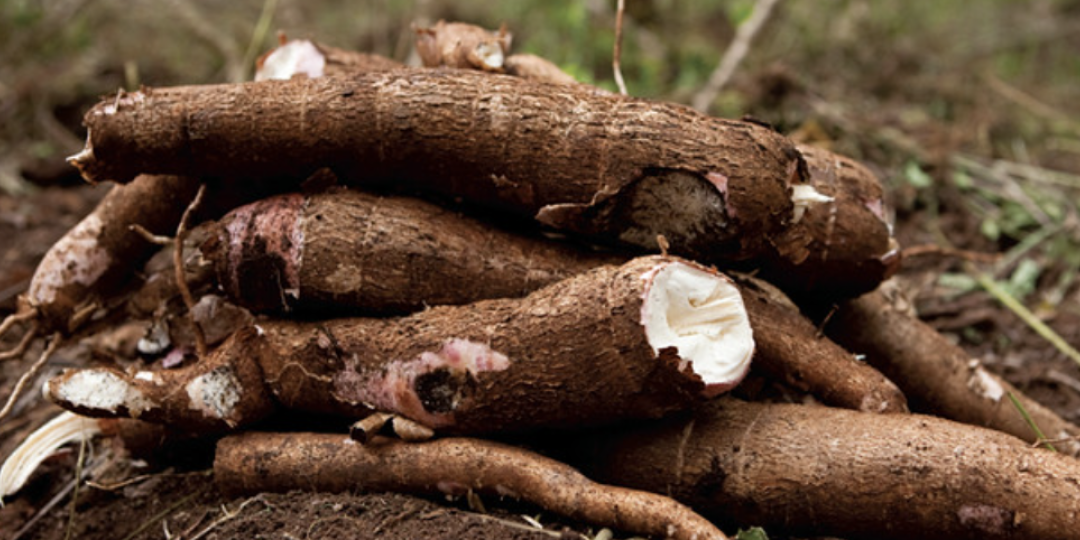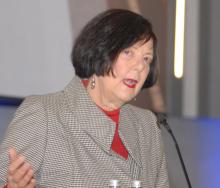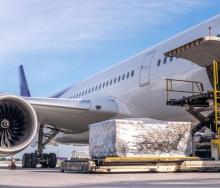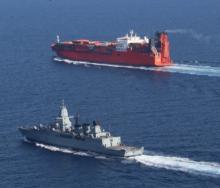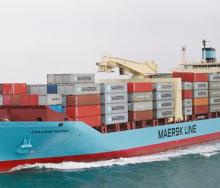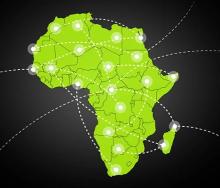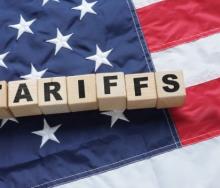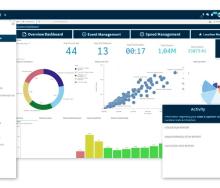Kenyan demand for cassava grew to three million metric tonnes (MT) last year, but production was 946 076 MT – meaning that Kenya is relying on cassava imports from neighbouring countries to meet high demand for the food.
The head of programmes for Self Help Africa, Peter Aluoch, says given that production was 946 076 MT, it means the country falls 200% short of meeting its internal needs.
Self Help Africa is an Irish international development charity dedicated to ending hunger and poverty in Africa.
Aluoch says this increase is mainly due to cassava going beyond human consumption by being used in animal feeds and starch for industries.
“In 2020, the country produced 898 110 MT of cassava from 61 754 hectares. This translates into productivity of 14.54 tons/ha. This is lower compared to 16 to 24 tons/ha in China, Indonesia and Thailand,” he adds.
In the East African region, Kenya is the production laggard as Uganda produces four million MT while Tanzania produces eight million MT per year.
Kenya’s performance is attributable to the lack of clean planting materials, unstructured markets, weak seed systems, and a weak regulatory framework.
Paul Rono, principal secretary of the State Department for Crop Development and Agricultural Research, has raised concerns over the huge import bill for food, saying: “We are still importing food despite the fact that we have fertile land and resources. We have challenges in food security and the commercialisation of the same.
“The government has put up a model to promote each and every crop grown in Kenya,” adds Rono.
He has directed both the department in charge of crops, Kenya’s Agricultural and Livestock Research Organisation (Kalro), and the Kenya Plant Health Inspectorate Service (Kephis), to take action within the next three months by ensuring that all the varieties of crops are identified, classified and communicated – this, in order to understand how his department could promote its farmers and their products.
“We have so many seedlings – some are high performers, some low performers. We will make sure that all those breeds are analysed in the next three months to reshape the sector and bring order within the system. We need to know which seed belongs where,” says Rono.
Morag Ferguson is a scientist working in crop genetics and molecular breeding at the International Institute of Tropical Agriculture (IITA), based in Nairobi. She says increasing the growth of high-quality cassava seeds will be critical to increasing production in Kenya.
